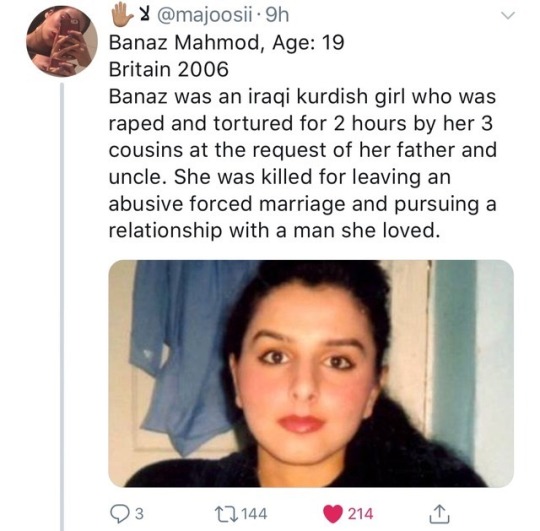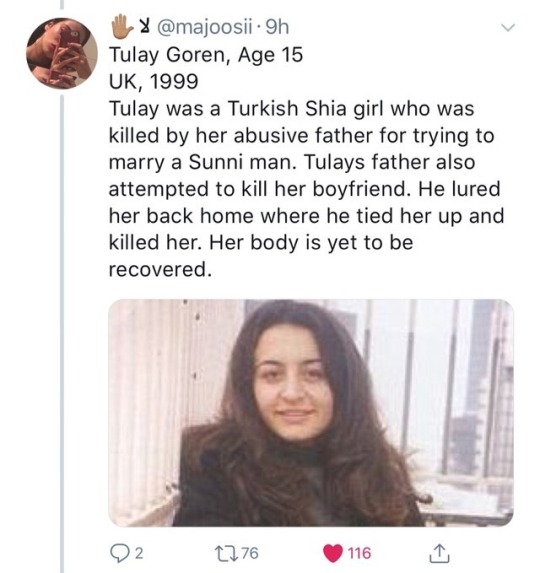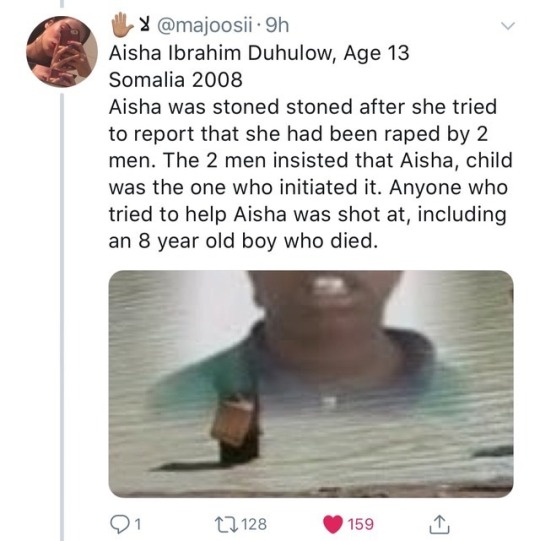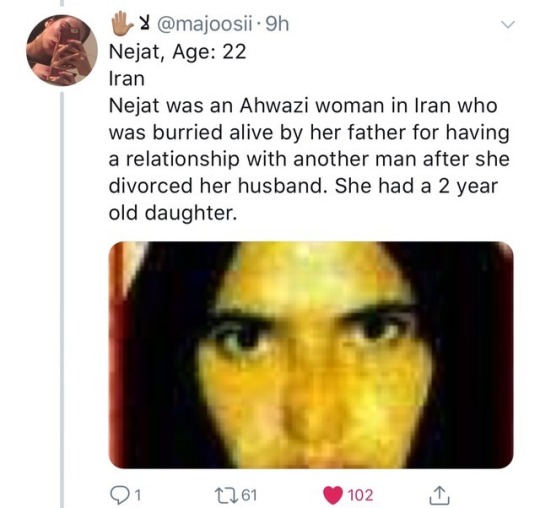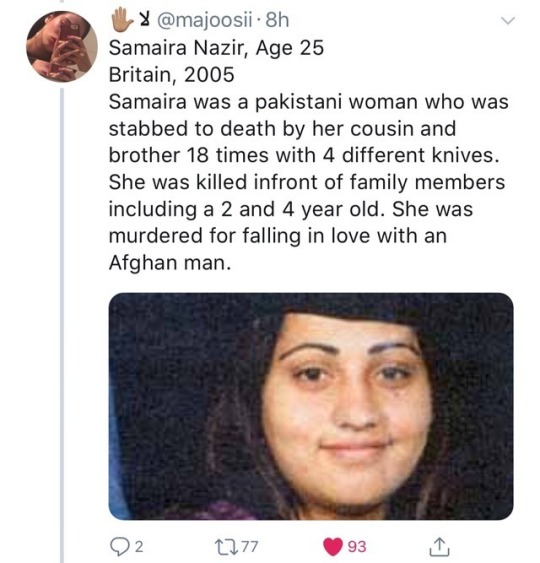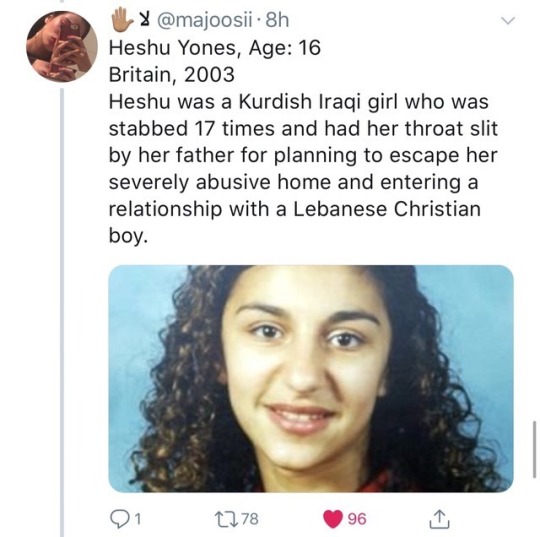Text
can we just have, like, any feminist movement whatsoever. did everyone just stop caring?
20K notes
·
View notes
Text
It is wild that although the majority of users on this website will happily and loudly declare that they virulently despise terfs, they would be unable to define radical feminism if a gun was pressed to their heads. I have never before seen such consistently bad faith interpretations and utter refusal to even acknowledge what the dissenting group believes.
2K notes
·
View notes
Text
To the lesbian struggling with internalized homophobia: You're not a creep. You are human, and you have desires, and they're perfectly natural. You think this way because society's conditioned us to believe that our love for women is evil. You know there's nothing evil about how we love, groove, relate, woman to woman. Actually it's good, natural, beautiful.
559 notes
·
View notes
Text
if you're online too much as a young woman and you forget to read books you'll get convinced that the reason you don't have power in your life is because you aren't pretty and that your life is doomed despite living in one of the wealthiest countries in the world with unprecedented freedoms. and it's fine at the end of the day like you're not committing the most egregious thought crimes you possibly could, but just make sure you're partying a little. like once a month maybe.
1K notes
·
View notes
Text
White people log on every day and say shit like “well if black women are women why can’t men be women too?” Like I hope you get the shit beaten out of you for saying that
839 notes
·
View notes
Text
I always roll my eyes at posts about what "true punk" is/was and how it was always a left-wing thing because, like, the Sex Pistols were on of the first popular punk rock bands and they were recognized right from the start as posers who had no coherent politics beyond trying to shock people
51K notes
·
View notes
Text
"Terfs are better than misogynists, they dont do any harm"
*denies short haired women
*denies women wearing makeup by her own will
*denies women working in the sex industry by her own will
*denies androgynous women
*denies butch women
*denies intersex women
*denies gender non conforming women
*denies infertile women
*reduces women to their womb
This has contribute to the societal expectations of what a woman is suppose to look like instead of just letting them be themselves. This would force them to 'look' like a woman in order to have basic rights without any transphobia (access to the bathroom, getting harassed by people in a sporting game, gender inspection where people are now allowed to look at their genitals even if their a kid). This also makes it even harder for women in the sex industry to have the rights and protection as they don't advocate for the legalization of sex work, rather to force them out of sex work. Not to mention the lack of recognition for intersex and infertile women by reducing them to their womb, possibly creating insecurity and giving them a harder life because their not up to standard with what a 'woman' is.
Lets not forget that terfs typically use misognist language/talking points of not only reducing women to their genitals that give birth like birthing machines, but also on how they revolve womens agency around men (whether its sex work or makeup, or even making it seem like all womens problems revolve around men) and describe sex workers as objects for men, commenting on how 'dirty' and 'wrong' it is for a woman to engage in such a thing. Terfs and misognists are two sides of the same coin.
420 notes
·
View notes
Text
there are two kinds of women reacting to dylan mulvaneys new atrocious song about his girlhood


38 notes
·
View notes
Text
It’s always “men can be victims too” or “women can rape too” but never “men can falsely accuse too”.
2K notes
·
View notes
Text
People who need to be included in your feminism:
- Women of Color
- Disabled Women
- Mentally ill Women
- Poor Women
- Homeless Women
- Lesbian and Bi Women
- Fat Women
- Gender Nonconforming Women
- Dysphoric Women
- Women of all religions
- All Women
People who DON’T need to be included in your feminism:
-Men
5K notes
·
View notes
Text
Rebecca Myers has dedicated her life to trying to change the most brutal of Britain’s serial rapists and abusers. When people hear that, they always want her to reveal the “worst” thing she has heard.
Go on, they say, as though it’s an episode of The Killing or CSI. Myers, who is a forensic psychologist working with deviant criminals, will give away a few things, such as the fact that she can’t look at a table knife casually left in the butter over breakfast after her prison housed a man who stabbed his girlfriend in the bath and left the knife behind, stuck in. Or that the theme tune to Coronation Street gives her chills. One of her first cases was a man who went on a three-year raping spree, breaking into the homes of single women while wearing an animal mask. On one occasion he hid behind the sofa of his next victim in his terrifying costume as she, oblivious and happy, watched her favourite soap opera.
The actual worst thing? She won’t tell me that — she is scared it will contaminate me too. “I have never told a soul, and never will.” That’s her job, to suffer so that others don’t, to save other women.
One of the worst things she has heard wasn’t exactly a crime. It was after a lifetime of getting into the heads of these men through a gruelling and expensive rehabilitation programme for sex offenders that thousands of male prisoners in this country undertook over a two-decade period, at a taxpayer cost of an estimated £100 million. She personally started working with the Sex Offender Treatment Programme (SOTP) when she was 22, soon after she joined one of Britain’s most notorious prisons, known for the number of inmates convicted for sexual or violent offences. She worked with them, including the mask-wearing rapist, out of idealism and trust.
Then, in 2017, after Myers had spent 16 years on the front line of the SOTP, the results of a national evaluation came in. The SOTP didn’t work. It was abruptly abandoned. She had spent so long attempting to change people who had done horrible things, and when they were released they went out and did them again at just the same rate as the men who hadn’t attempted any change.
“It was gutting,” Myers, now 49, says to me. “Just shocking. A massive disappointment to so many people that had invested decades of their lives, totally and utterly driven by wanting to stop these people from doing it again.”
The worst thing she has heard was not a murder. It was this news that seemed to kill hope. The costs, emotional and financial, hadn’t been worth it. Her memoir Inside Job gives the reader an authentic account of what it is like to work with maximum-security prisoners, including when a headless pigeon is lobbed at her from one of the cells (ripped off with the man’s teeth?), splattering her shoes with blood. “Whore!” the prisoner shouts as Myers stares at the pigeon’s still-flapping body, its spinal cord protruding. “Slut!”
She will never know who did it, whether it was because she gave them an unfavourable parole recommendation or it was just a man who hates women. “There are plenty of them about.”
When I meet Myers over Zoom I can tell how she holds her own as one of the few women in such a hostile environment. She speaks in the North Yorkshire accent of her home town with seriousness and common sense. She began in prisons months after graduating from a psychology degree. She was, she describes, “slim and blonde”, and understandably naive. She was given a tour of the prison officers’ quarters, with pictures of topless women on the walls, their breasts covered with NSPCC stickers.
Sinister disembodied eyes press against each cell’s viewing holes as she passes. “I wish I had not worn a skirt,” she writes, and she never made that mistake again, switching for ever to work in a baggy outfit of loose trousers and poloneck covered up by a jacket, even in summer. “My face and hands are the only flesh I allow them to see.” Her psychological armour in prison is represented by her perfect nail polish, which she wears to see me too.
We agree that it seems strange, with hindsight, to think that such a young woman was the right fit for the job. Myers explains that forensic psychologists are not usually like Robbie Coltrane in Cracker — in the UK 80 per cent of them are female. In the 1990s money flooded into prison rehabilitation programmes with a surge of Blairite optimism. Britain’s sex offender rehab became an international flagship, she says. In practice, that meant an “influx of fresh young female psychologists straight out of university entering the prison to deliver programmes”.
“It’s an interesting notion isn’t it?” Myers says, pondering. “The damage is done to women yet it is mostly women trying to fix it.”
The Silence of the Lambs, featuring Jodie Foster as a student psychologist at the FBI Academy trying to outsmart Hannibal Lecter was how some of Myers’ friends conceived of her job. “It was the cool thing at the time,” she tells me. “But now I completely steer away from anything of that nature. I find crime on TV distasteful. I worry about it being glamorised. It’s as far from glamorous as you can get.
“Clarice Starling I am not,” she writes in her book. “Real-life serial killers are far less exciting and more stubborn and smelly than those portrayed in the films.”
Almost immediately she was left alone with them in unguarded rooms. “In terms of how things are portrayed on television, that is one of the biggest misconceptions,” she says. “That the men would be handcuffed, that there would be officers there. There simply weren’t. You were left on your own. I was surprised at the time.”
Was that because it was considered low risk? “I don’t think it’s low risk. In the book I describe a hostage situation with a female prison officer.”
This hostage-taking goes on for 12 hours, the “decent, kind-hearted” woman held at knifepoint in a cell by a man who had been a serial rapist of elderly women in their homes. Myers is rushed to the scene in the middle of the night and helps to assess the man as highly unlikely to surrender. The officers charge in when he begins an assault on the prison officer. “So it’s not low risk,” she says. “You never turn your back. But I didn’t question it, I just followed the culture.”
The book follows closely her first treatment group of sex offenders, including the masked rapist she names “Wayne” in the book. She is not allowed to name the prison for legal reasons, and she blurs identifying details for the sake of the victims’ families. When she first reads through Wayne’s crimes she has to vomit in the toilets. In person, though, he presents as a polite, even endearing man who likes custard creams dunked in his tea. This is a hard lesson society is still learning: sex offenders are husbands, dads, people holding down respectable jobs. Even police officers, as the Sarah Everard case showed.
Each psychologist was paired with a prison officer or two for the treatment programme, which took groups of nine men through more than 200 hours of therapy that lasted up to a year. In a twist that makes her book seem even more like a Jed Mercurio TV drama, a young Myers falls in love with the prison officer she is paired with on her first treatment programme. It’s an ill-advised romance that begins and ends in the dark hours they spend debriefing each other on what they have heard about the rape and torture of women.
It’s wrong to say the treatment had no effect, because it certainly affected the staff. Myers is covert about her personal life, but she has two children and is often talked out of overprotective parenting by her husband, who does not work in the same world. “He says: ‘It’s fine, they’re going to be OK.’ ”
A serial killer once made a joke to her about picnic blankets, how they are useful to roll up bodies. She is for ever sent into high alert by lone male picnickers. The two male prison officers she worked with are mentally scarred too. One stopped being able to give his little daughter a bath. The other, then her boyfriend, couldn’t drive past a lone woman on the street without fretting over her safety. The pair would wake up together after “murder dreams”.
One core aspect of the SOTP was trying to awaken empathy with victims, to the extent of asking the perpetrators to re-enact their crimes from the victim’s point of view. They’d use pens in place of penises, and flick water instead of urine, blood or semen. It sounds like highly risky territory. Indeed, in that first group Myers is aware that one of the criminals is becoming sexually aroused by the re-enactment.
“They were very powerful, but I think they also had the potential to be shaming, difficult and potentially dangerous,” Myers says of the exercises. “We started to see from the research that an increase in victim empathy didn’t necessarily decrease recidivism.” She spent more than 200 hours with one man who was in jail after a rape and hammer attack. He told her all the right things, and she marked him down as a success. Later she saw the man on the news, convicted of a rape and hammer attack.
“I don’t know what the answer is to stopping male violence. I wish I did,” she says.
It is a minority of released sex offenders who reoffend, but each one feels like too many. The sex offender rehabilitation schemes that replaced the SOTP have yet to be evaluated. Myers is no longer involved in frontline treatment. This gets us to the question that hangs over this book. Does she despair? Why not just give up?
“No, because we can’t just do nothing. We don’t have the death penalty, we release people. We’ve got to carry on.
“I know the research showed what it showed, but I like to believe that I have averted crimes. I have to believe that over the last 25 years I have made a difference. I have to believe that or I couldn’t keep doing it.”
That gives meaning to your life? She sets her face with determination.
“Absolutely. I do believe that people can change,” she says. She can never know a woman she saved from being attacked, she says. It could be me, it could be her even, but she hopes they exist, and this hope is the best thing about her job — which, by the way, is a question few ask. “I can’t think of anything more worthwhile.”
Inside Job: Treating Murderers and Sex Offenders. The Life of a Prison Psychologist by Dr Rebecca Myers is published by HarperCollins, £8.99
2K notes
·
View notes
Text
and what if I told you nine was less afraid of love than ten. what then.
102K notes
·
View notes
Text
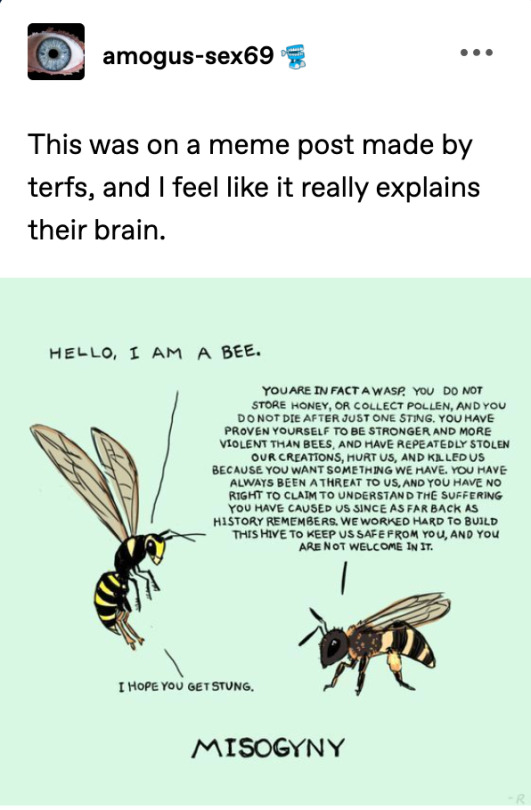

This is actually hilarious because:
Wasps are not bees. They are both members of the Hymenoptera order, which also includes ants. You wouldn't say that an ant is a bee just because they're both members of the same order, so why would you argue that a wasp is a bee? Would you argue that a camel and a giraffe are the same species because they also share the same order (Artiodactyla)?
Out of the some 20,000 species of wasp, NONE produce honey. There is a genus called "Brachygasta" including 17 species that keep stores of nectar and honeydew in case of food shortages, but none produce honey. And certainly not from meat.
So yet again, you have a TRA blatantly lying in order to turn something into what it's not. "The wasp is right, and the bee relies on untrue myths to explain itself," is such bullshit.
Sadly, this post got something like 2,000 notes. People will blindly believe what a TRA says, especially if it's a lie constructed to undo a radfem point. So many logical fallacies.
Wasps are not bees. Men are not women.
1K notes
·
View notes
Text
“long hair on guys doesn’t make them less masculine. think keanu reeves, jason momoa, danny trejo, or the guy at your local dive bar who rides a motorcycle”
*the crowd nods*
“so long hair doesn’t necessarily determine masculinity”
*the crowd, more hesitant, still nodding*
“butches can have long hair—“
*GUNSHOT*
76K notes
·
View notes
Text
If I have any women following me who are in addiction recovery please be aware that men in NA and AA have a thing called “13th stepping” where they try to sleep with vulnerable newcomers in early sobriety, and then if they do they will brag about it with other men in the group. There are also many cases of these men encouraging women to relapse.
and this isn’t an uncommon fringe thing at all - it actually happened to me. when I went to a meeting for the second time a much older man approached me and asked if I needed a sponsor. I was very young at the time and naively said yes and agreed to exchange numbers. He seemed well-liked within the group so I thought he had good intentions. Fast forward a couple days and I was struggling with thoughts of relapsing so I texted him asking him to meet at a coffee shop near me and he said “sure but can we mess around first?” I was stunned at how disgusting it was and I never went to an NA group again after that.
Please only go to women’s groups and if there are none near you, have a trusted friend drive you to and from meetings and get a female sponsor. I’m sure you all already know that but I certainly didn’t know how big of an issue this was when I was in early recovery.
2K notes
·
View notes

